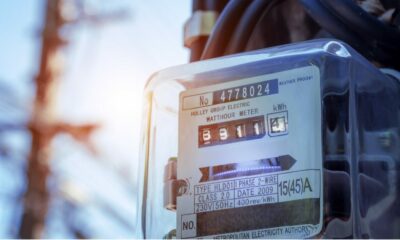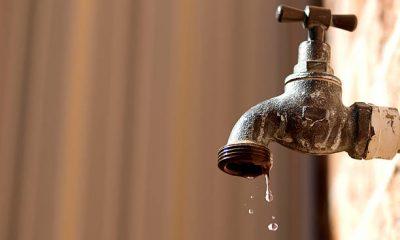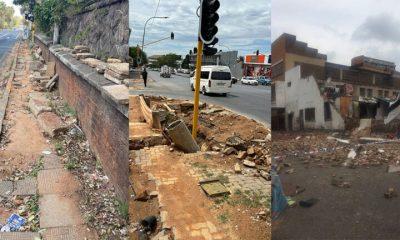Best of Johannesburg
How to Check for Pipe Bursts and Leaks Around Your Home (Before You Get a Huge Bill) – Johannesburg 2025
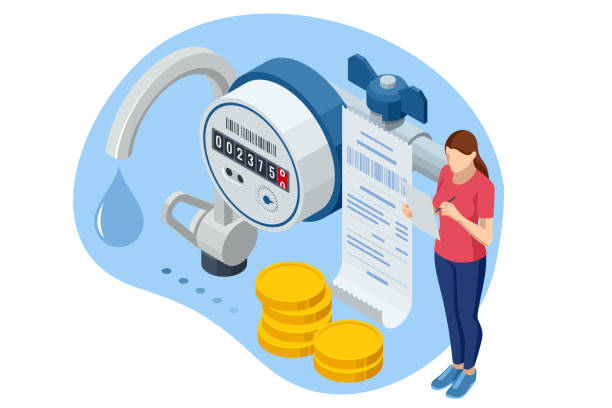
That Slow Drip Could Cost You Thousands
You might not see it. You might not even hear it. But if your water bill has suddenly jumped – or your wall’s starting to look like it’s sweating – there’s a good chance your pipes are trying to tell you something.
In 2025 Johannesburg, with a growing number of burst pipe complaints and unplanned water outages, early leak detection isn’t just smart; it’s financial survival.
Whether you’re renting in Braam or owning in Bryanston, here’s how to catch pipe bursts and plumbing leaks before they soak your budget.
Also read: Why Is My Tap Water Brown? 5 Common Causes in Joburg
First Signs: What Your Home Might Be Trying to Tell You
Pipe leaks don’t usually announce themselves with a bang. Instead, they creep in with subtle signs:
-
Your water bill spikes – but your habits haven’t changed.
-
You hear water running when taps are off.
-
Your walls or ceilings show yellow, brown, or dark patches.
-
Paint peels or bubbles, especially in corners or near skirting boards.
-
There’s a musty smell, often mistaken for “just winter air.”
If your water meter’s still moving when everything is turned off (including outdoor taps and appliances), that’s a classic sign: there’s water flowing somewhere it shouldn’t.
The Toilet Trick That Saves You Litres
Silent toilet leaks are one of Joburg’s most common (and costly) culprits.
To test yours:
-
Add a few drops of food colouring to the toilet tank.
-
Don’t flush.
-
If the colour appears in the bowl within 10–15 minutes, you’ve got a leak between the tank and bowl.
One faulty flapper can waste hundreds of litres a day – and you won’t hear a thing.
Common Culprits: Why It’s Happening in Joburg
Pipe bursts and leaks in Joburg homes happen for several reasons, but these top the list:
-
Old plumbing: Homes built before the 1990s often use piping that’s long overdue for replacement.
-
High water pressure: Common in elevated suburbs, too much pressure puts strain on joints and fittings.
-
Tree roots: In leafier suburbs, roots sneak into underground pipes, causing cracks and blockages.
-
Poor installation or dodgy repairs: DIY jobs gone wrong can compromise your plumbing system.
-
Temperature shifts: Cold snaps in winter sometimes lead to frozen, expanding pipes – especially if your outdoor taps aren’t drained.
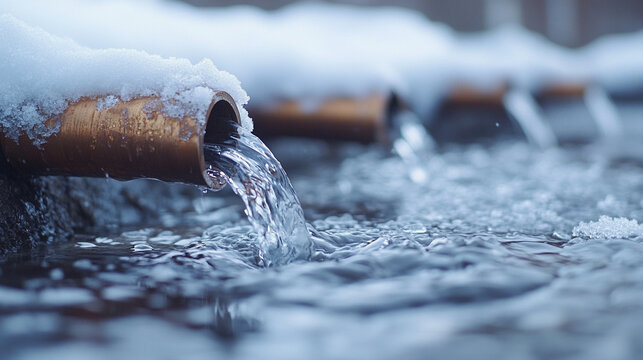
Image 1: Adobe Stock
Where to Look Around the House
Even if everything looks fine on the surface, leaks could be brewing behind the scenes. Start with:
-
Under sinks and inside cupboards: Look for dampness, mould, or mineral deposits.
-
Geysers and water heaters: Check pipe joints, relief valves, and the bottom of the tank.
-
Around appliances: Dishwashers, washing machines, fridges, and their connections.
-
Basement, slab, or floor: Unexplained warm spots or cracked tiles could signal a slab leak.
-
Your garden: Extra-green grass or soggy patches often mean an underground pipe is leaking.
Can’t Find It? Get Help Before It Gets Worse
If you’ve checked everything and still can’t locate the issue, call in a pro. Many Joburg plumbers now use acoustic leak detectors or thermal imaging – non-invasive tech that can detect leaks behind walls or beneath floors.
If the leak appears to be coming from outside your property boundary – like at the main supply line or before it reaches your water meter – it may be the municipality’s responsibility. In that case, report it directly to Johannesburg Water via their social media, where they post updates on leaks, burst pipes, and service disruptions across the city.
One Leak = Thousands of Litres
To put it into perspective:
-
A small drip = 10 litres wasted per day.
-
A silent toilet leak = 300 litres per day.
-
A cracked underground pipe = 1000+ litres per day.
That adds up – fast. And if it seeps into your foundation or floods your flooring, you’re looking at thousands of rands in repairs.
Prevention Beats Panic
Make leak checks part of your seasonal home routine. Especially ahead of Joburg’s rainy season, when water tables rise and pressure builds in ageing infrastructure.
And if your home is older than 25 years? An annual inspection is a small price to pay for peace of mind.
Joburgers are a resilient bunch – but a little foresight (and a quick food colouring test) can save you a major headache later.
Also read: Can You Claim for Power Cuts or Water Outages in Joburg 2025?
Follow Joburg ETC on Facebook, Twitter , TikTok and Instagram
For more News in Johannesburg, visit joburgetc.com
Featured Image: iStock



